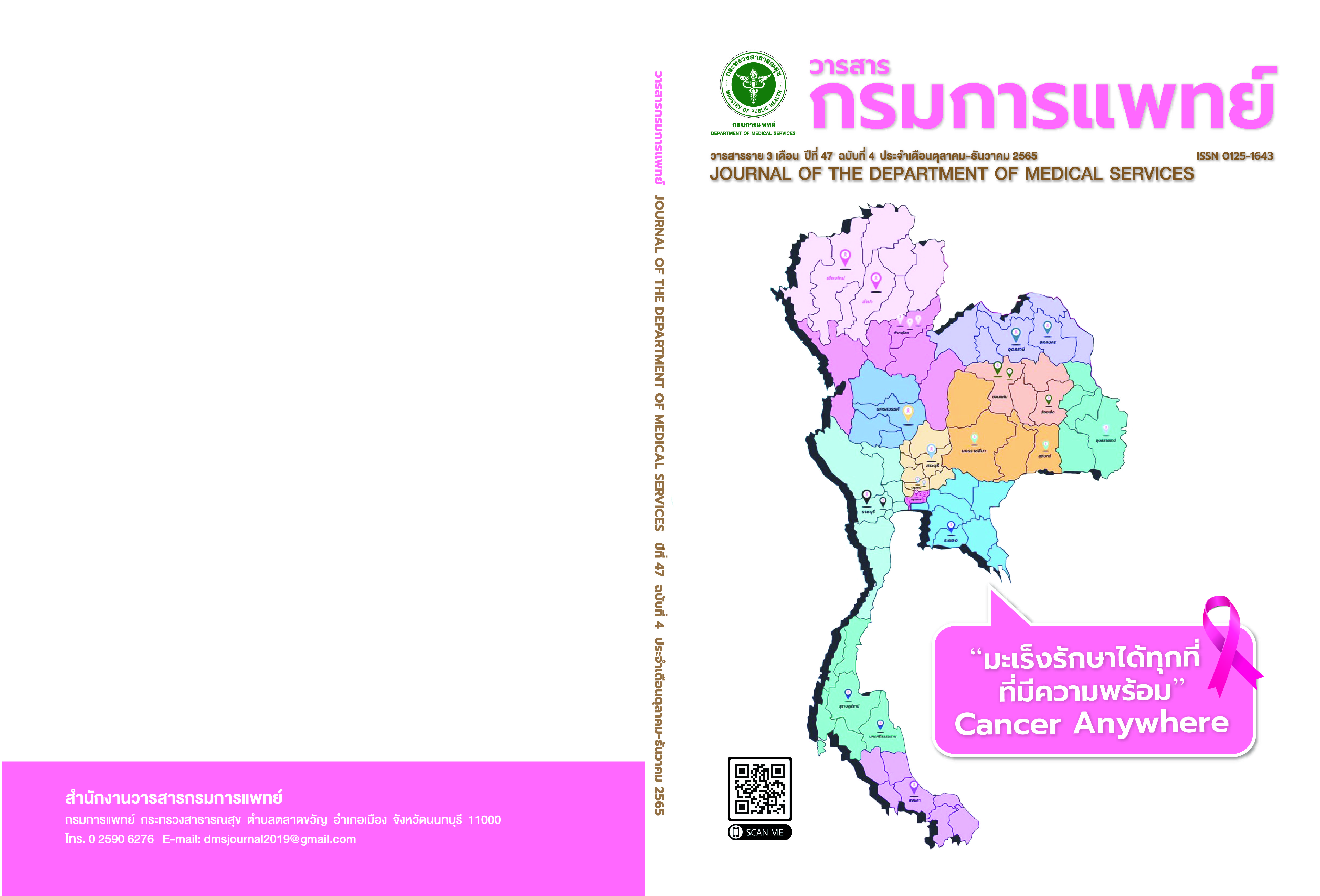Efficacy of Adding Fish Oil Supplementation on Serum High Sensitivity C-Reactive Protein Level in Simvastatin Treated Patients
Keywords:
C-reactive protein, Fish oil supplementation, Simvastatin treated patientsAbstract
Background: Atherosclerosis, which is a major contributor to the development of cardiovascular diseases,is the leading cause of death globally. At every stage of atherosclerosis’ pathogenesis—from disease formation toplaque rupture—inflammation is thought to be a significant player. Statins and fish oil supplementation are widelyconsidered to have cardiovascular benefits through a variety of mechanisms, in which the most notable one is theiranti-inflammatory properties. Objective: This study compared the effects of fish oil supplementation on serumhigh-sensitivity C-reactive protein levels in simvastatin-treated patients to placebo. Method: A total of 30 maleparticipants, aged 35–55 years old who had been taking simvastatin for at least six months and met all inclusioncriteria were randomly assigned to receive either fish oil supplementation 1,000 mg/day (EPA ethyl esters 460 mg+ DHA ethyl ester 380 mg) or corresponding placebo for 4 weeks. Serum high-sensitivity C-reactive protein levelswere compared before and after 4 weeks. Result: Serum high sensitivity C-reactive protein levels were observedto be reduced by 0.05 ± 0.52 mg/L (a decrease of 4.42%) in the fish oil group and increased by 0.29±0.87 mg/L inthe placebo group (an increase of 27.62%). However, when the efficacy between the two groups was compared,there was no significant difference (p = 0.249). Conclusion: There was no statistically significant difference in serumhigh-sensitivity C-reactive protein levels between patients receiving 1,000 mg/day of fish oil supplement and thosereceiving placebo in simvastatin-treated patients.
References
Frostegård J. Immunity, atherosclerosis and cardiovasculardisease. BMC Med. 2013; 11:117.
Libby P, Ridker PM, Maseri A. Inflammation and atherosclerosis.Circulation. 2002; 105:1135-43.
Rajamani K, Fisher M. An Overview of Atherosclerosis. In: Primeron Cerebrovascular Diseases. 2nd ed. Cambridge: AcademicPress; 2017; 105-8.
Geovanini GR, Libby, P. Atherosclerosis and inflammation:overview and updates. Clin Sci (Lond). 2018; 132:1243-52.
Adukauskienė D, Čiginskienė A, Adukauskaitė A, PentiokinienėD, Šlapikas R, Čeponienė I. Clinical relevance of high sensitivityC-reactive protein in cardiology. Medicina (Kaunas). 2016;52:1-10.
Ridker PM, Glynn RJ, Hennekens CH. C-reactive protein adds tothe predictive value of total and HDL cholesterol in determiningrisk of frst myocardial infarction. Circulation. 1998; 97:2007-11.
Ridker PM. A Test in Context High-Sensitivity C-Reactive Protein.J Am Coll Cardiol. 2016; 67:712-23.
Salazar J, Martínez MS, Chávez M, Toledo A, Añez R, Torres Y, etal. C-reactive protein: clinical and epidemiological perspectives.Cardiol Res Pract. 2014; 2014:605810.
Lavie CJ, Milani RV, Mehra MR, Ventura HO. Omega-3polyunsaturated fatty acids and cardiovascular diseases. J AmColl Cardiol. 2009; 54:585-94.
Chan DC, Watts GF, Barrett PHR, Beilin LJ, Mori TA. Effect ofatorvastatin and fsh oil on plasma high-sensitivity C-reactiveprotein concentrations in individuals with visceral obesity. ClinChem. 2002; 48:877-83.
Fan H, Zhou J, Yuan Z. Meta-Analysis Comparing the Effect ofCombined Omega-3 + Statin Therapy Versus Statin TherapyAlone on Coronary Artery Plaques. Am J Cardiol. 2021; 151:15-24.
Ridker PM, Danielson E, Fonseca FAH, Genest J, Jr Gotto AM,Kastelein JJ, et al. Rosuvastatin to prevent vascular events inmen and women with elevated C-reactive protein. N Engl JMed. 2008; 359:2195-207.
Kones R. Rosuvastatin, inflammation, C-reactive protein, JUPITER,and primary prevention of cardiovascular disease – a perspective.Drug Des Devel Ther. 2010; 4:383-413.
Mach F, Montecucco F. Therapeutic approaches for reducingC-reactive protein (CRP) levels and the associated cardiovascularrisk. Current Chemical Biology. 2009; 3:60-4.
Musial J, Undas A, Gajewski P, Jankowski M, Sydor W, SzczeklikA. Anti-inflammatory effects of simvastatin in subjects withhypercholesterolemia. Int J Cardiol. 2001; 77:247-53.
Downloads
Published
How to Cite
Issue
Section
License
Copyright (c) 2022 Department of Medical Services, Ministry of Public Health

This work is licensed under a Creative Commons Attribution-NonCommercial-NoDerivatives 4.0 International License.
บทความที่ได้รับการตีพิมพ์เป็นลิขสิทธิ์ของกรมการแพทย์ กระทรวงสาธารณสุข
ข้อความและข้อคิดเห็นต่างๆ เป็นของผู้เขียนบทความ ไม่ใช่ความเห็นของกองบรรณาธิการหรือของวารสารกรมการแพทย์



